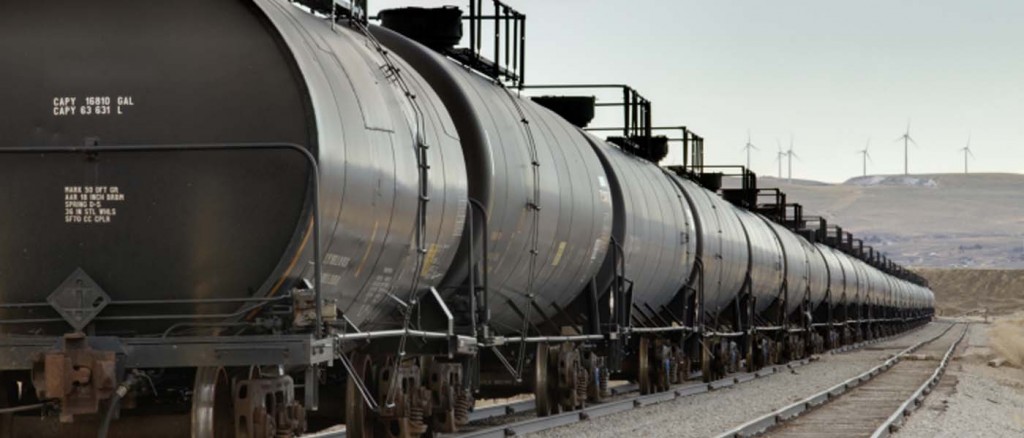While environmentalists and gas companies alike await Gov. Andrew Cuomo’s decision about hydrofracking the Marcellus Shale, there are other decisions pending that will also have a big impact on determining what role New York plays in the evolution of the oil and gas industry.
Global Partners LP is the Massachusetts-based company that is seeking to expand its Port of Albany facility to include an oil warming and storage unit. The port is the destination for hundreds of rail cars daily carrying crude oil from North Dakota.
That oil, which has been blamed for fires and explosions in both the U.S. and Canada, passes through Central New York on its way to Albany, where it is loaded on barges for shipment down the Hudson River to New Jersey refineries.
Albany has become a hub for transshipment of Bakken crude oil over the past two years. Before the boom in hydrofracked oil from North Dakota, oil shipments through New York were uncommon. Since the boom, 100-car trains make the nearly 2,000-mile trek from North Dakota to Albany, passing through Onondaga County daily.
Bakken crude is more volatile than other grades of crude and is being shipped in container cars not suited for such explosive cargo. The federal Department of Transportation has required an upgrade to the type of cars used for these shipments, but the transition to safer cars will take years.
Meanwhile, activists express concerns that a derailment, such as the one in a Quebec town that killed 47 people in July 2013, could endanger any community along the route.
Since Bakken oil has been transferred in Albany for at least two years without benefit of a warming unit, Environmental Advocates and other opponents of the plan have charged that the company is planning to bring tar sands oil from Alberta through the terminal. In comments filed Dec. 1 with the state Department of Environmental Conservation, Environmental Advocates Executive Director Peter Iwanowicz called on the DEC to reverse its earlier decision, known as a negative declaration, that the facility did not require the company to conduct a full environmental impact study.
Also on Dec. 1, Cuomo’s press office released a report of 66 actions that the state has taken to ensure greater safety along the rail lines, mostly operated by CSX, that haul the crude across the state. Those actions include more inspections, enhanced training for first responders, a push to retrofit DOT-111 rail cars to mitigate the dangers posed by derailments and collaboration with officials in North Dakota to have volatile compounds removed from the shale oil before it is loaded on trains.
The Bakken oil might not need to be shipped by barge down the Hudson if the so-called Pilgrim Pipeline is built. That proposal, under discussion for the past year, calls for a 150-mile pipeline connecting Albany with refineries in Linden, N.J., along a route that parallels the Hudson and the New York State Thruway.
In a regional replay of the national debate over the Keystone XL pipeline, opponents are lining up in both states to keep the pipeline from being built. Pilgrim claims that the Northeast is the only region of the country not to be served by a major pipeline and that its line will be able to move refined products upstate as well as to transport Bakken crude to Linden, eliminating the need for the barges on the Hudson.
That project has sparked an uproar from communities in both states and calls for Cuomo and New Jersey’s Gov. Chris Christie to bar the project. Pilgrim is a Connecticut-based company that has been formed solely to build the 178-mile oil transport line, which, the company argues, is an environmentally friendlier and safer alternative to shipping oil down the river. No permits have been requested as the final route for the proposed line has yet to be determined.




